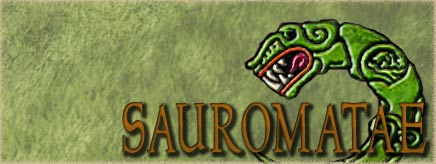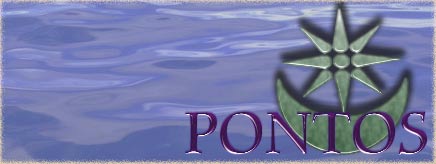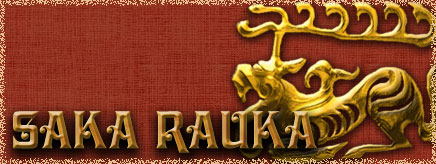Well they do argue for an Italo-Celtic Group :P
Still it is very difficult (if not impossible given the time distance) to identify changes and shifts as a language 'evolves' or is simply influenced by another.
Consider how differently the same word, with the same letters (for example nuclear) is read by what in origin were the same people :D
So indeed changes might appear (or are) erratic...
Ethnicity, at least imo, it's entirely man-made: no one is born X or Y, but grows in affiliation to one. Then individuals will also develop personal relations to it, which can differ a lot...
But at the same time that a language was used or later adopted, imo bears a political/cultural/commercial dimension. Especially in ancient times.
While I perfectly agree that homogeneity for peoples is a misnomer, there is ground to speak of a demographic majority (this can even be acquired and not necessarily related to 'origins') or ruling class in correlation to language. Which might indicate a dominant (read: greater influence) culture in given society. At the same time, new cultures arise as synthesis of such groupings ^^
Who knows perhaps it is possible to quantify the demographic disparity needed for such occurrence :P
So to the question does it matter, in itself it says nothing, but it could offer a start in identifying social practices...
But for the very example you made, it seems quite clear that all those cultures formed a new polity. The most accurate answer might be that they were Scordiscan or three 'confederates', respecting whatever leadership developed...
Does this imply that all social groups are in themselves unique? Probably, but it doesn't exclude traditions being carried...
Plus there has to be something of a time-dimension to this process, because at one point stuff is forgotten...










 Reply With Quote
Reply With Quote
Bookmarks